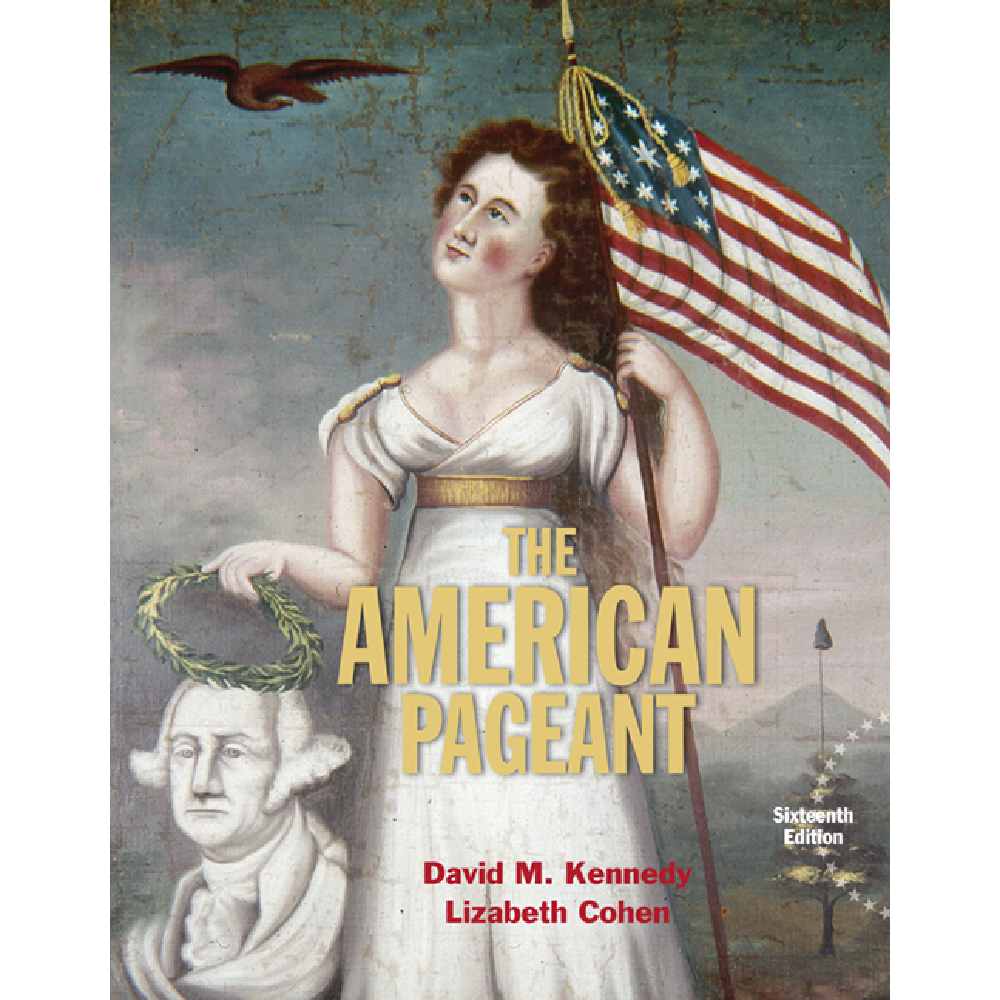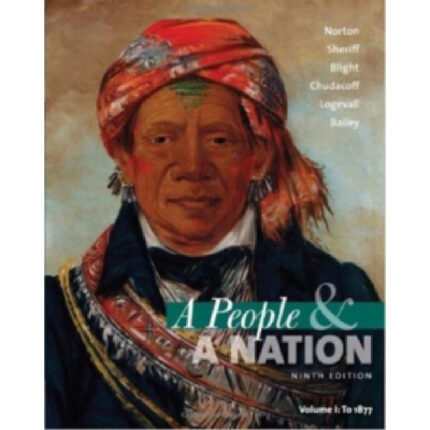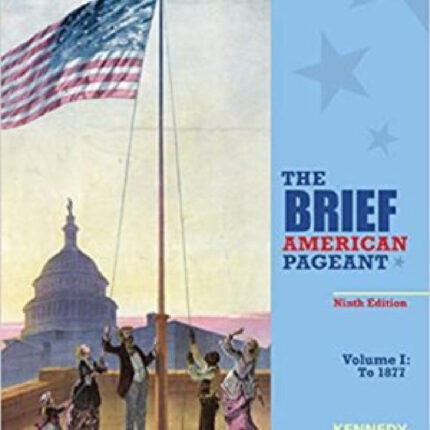46. In the election of 1800, the Federalists accused Thomas Jefferson of all of the following except
a. having robbed a widow of her trust fund.
b. having fathered numerous mulatto children by his own slave women.
c. being an atheist.
d. conspiring with Aaron Burr to have Spain attack the United States.
e. having robbed children of their trust funds.
ANSWER: d
POINTS: 1
REFERENCES: Federalist and Republican Mudslingers
47. In the 1800 presidential election, Thomas Jefferson won the deadlocked election because
a. of the decisive political opposition among members of the House of Representatives against Alexander Hamilton, Jefferson’s political rival
b. a few Federalists, unwilling to elect Aaron Burr as president, decided to abstain from voting in the House of Representatives, throwing the presidential election to Jefferson.
c. of the high taxes passed by the Adams administration.
d. Napoleon promised to sell the Louisiana Territory only to Jefferson.
e. Jefferson had a natural appeal for New York’s urban ethnic voters.
ANSWER: b
POINTS: 1
REFERENCES: The Jeffersonian “Revolution of 1800”
48. The Jeffersonian Democratic-Republicans presented themselves as all of the following except
a. believers in a strong central government.
b. strict constructionists.
c. protectors of agrarian purity.
d. unmitigated opponents of the federal excise tax on whiskey.
e. strong supporters of state’s rights.
ANSWER: a
POINTS: 1
REFERENCES: Chapter 11: The Triumphs and Travails of the Jeffersonian Republic, 1800-1812, chapter opening paragraph
Jeffersonian Restraint
The “Dead Clutch” of the Judiciary
49. Thomas Jefferson received the bulk of his political support from the
a. South and the West
b. North.
c. large cities.
d. East.
e. New England.
ANSWER: a
POINTS: 1
REFERENCES: The Jeffersonian “Revolution of 1800”
50. Despite Thomas Jefferson winning a majority of the popular vote and a majority of votes in the Electoral College during the election of 1800, a deadlock in the Electoral College led the election to being decided
a. in the Senate.
b. by the majority of state legislatures.
c. in the House of Representatives.
d. by the Supreme Court.
e. by the Electoral Commission.
ANSWER: c
POINTS: 1
REFERENCES: The Jeffersonian “Revolution of 1800”
51. Thomas Jefferson’s “Revolution of 1800” was remarkable in that it
a. moved the United States away from its democratic ideals.
b. marked the peaceful and orderly transfer of power on the basis of election results accepted by all parties.
c. occurred after he left the presidency.
d. caused America to do what the British had been doing for a generation regarding the election of a legislative body.
e. came about despite strong opposition from top officers in U.S. Continental Army and the U.S. Navy.
ANSWER: b
POINTS: 1
REFERENCES: The Jeffersonian “Revolution of 1800”
52. Thomas Jefferson saw his election and his mission as president to include all of the following except
a. to return to the original spirit of the revolution.
b. restore the republican experiment.
c. check the growth of government power.
d. halt the decay of virtue.
e. support the establishment of a strong army and navy to advance the imperialist ambitions of the United States.
ANSWER: e
POINTS: 1
REFERENCES: Federalist and Republican Mudslingers
The Jeffersonian “Revolution of 1800”
53. All of the following accurately represent aspects of the historical and contemporaneous debate surrounding Thomas Jefferson’s relationship with his slave Sally Hemings except
a. rumors that Jefferson fathered her mulatto children were used by his political opponents to discredit him in the 1800 presidential election.
b. Jefferson consistently denied having had a sexual relationship with Sally Hemings throughout his life.
c. as late as the 1870s, one of Sally’s children claimed that his mother identified Jefferson as the father of her five children.
d. in the late 20th century, DNA evidence showed a high probability that Jefferson fathered Sally’s youngest son.
e. today, most scholars believe that Jefferson fathered only one of Hemings children; the other four had other fathers.
ANSWER: e
POINTS: 1
REFERENCES: Examining the Evidence: The Thomas Jefferson-Sally Hemings Controversy
54. As president, President Jefferson showed unexpected moderation and a conciliatory attitude toward his Federalist political opponent by
a. dismissing very few public servants for political reasons.
b. refusing to repeal the federal excise tax enacted by the Federalists.
c. renewing the Sedition Act for another ten years.
d. pursuing a pro-British and anti-French foreign policy.
e. rejecting the expansion of slavery anywhere in the Louisiana Territory.
ANSWER: b
POINTS: 1
REFERENCES: Jeffersonian Restraint
Responsibility Breeds Moderation
55. With Jefferson’s refusal to use the presidency to dispense generously patronage positions and offices in government to his political supporters, the Democratic-Republican Party
a. grew stronger and more unified.
b. removed many Federalists from government jobs.
c. soon resented its leaders’ lavish life-style.
d. grew less unified even as the Federalist Party began to fade and lose power.
e. sought to extend the Alien and Sedition Acts to punish their enemies.
ANSWER: d
POINTS: 1
REFERENCES: Responsibility Breeds Moderation
56. Thomas Jefferson’s presidency was characterized by his
a. unswerving conformity to Republican party principles.
b. rigid attention to formal protocol at White House gatherings.
c. moderation in the administration of public policy.
d. ruthless use of the patronage power to appoint Republicans to federal offices.
e. inability to get legislation passed by Congress.
ANSWER: c
POINTS: 1
REFERENCES: Responsibility Breeds Moderation













Reviews
There are no reviews yet.